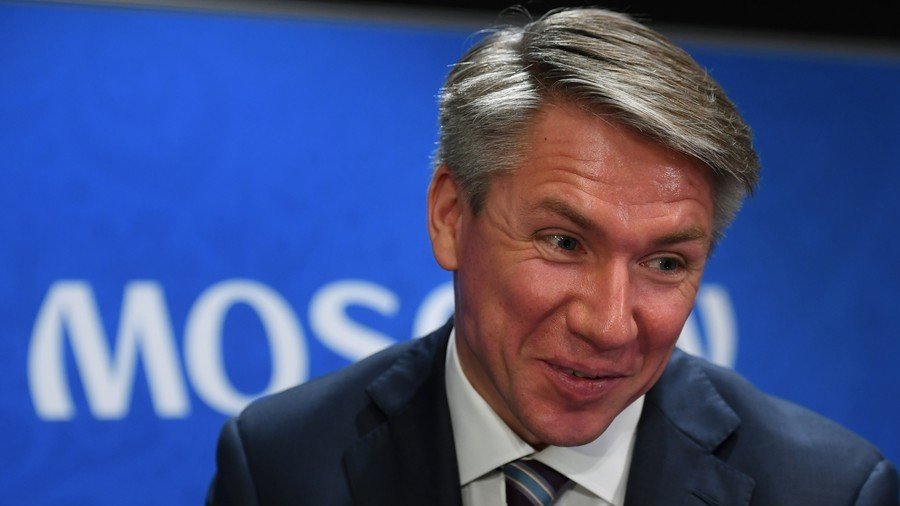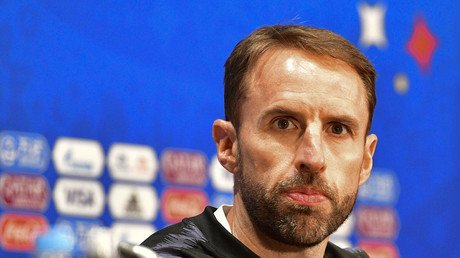The World Cup has exceeded all expectations of the organizers, including in the atmosphere created by Russian and foreign fans, according to Local Organizing Committee chief Alexey Sorokin.
The organizing chief said he has been delighted by the way the tournament has captured the imagination of the Russian population, with an estimated 7 million people visiting the official fan zones in the 11 host cities.
"The World Cup has exceeded all expectations, even for us, the organizers, and not only by the number of fans who visited the fan zones,” Sorokin said, according to TASS.
“Personally, I did not expect such an atmosphere to fill the whole country," he added.
The Russian team in particular has won the hearts of the public after an unexpected run to the quarter-finals, which ended in an agonizing defeat to Croatia on penalties.
Sorokin also offered assurances that the extensive infrastructure built by Russia for the World Cup will be put to full use after the tournament.
Russia has spent an estimated $12 billion on hosting football’s showpiece event, and the authorities are determined to ensure a strong legacy after the tournament.
They will particularly aim to avoid the white elephant stadiums that have plagued previous editions of the event, including during the last time out in Brazil.
READ MORE: England defender Rose to fly family to Russia for World Cup after racism fears allayed
Sorokin says extensive steps will be taken to ensure the infrastructure built – from the stadiums themselves to the training facilities – will be put to good use after the final in Moscow on Sunday.
"There will be a lot of research to properly assess the results of the World Cup,” Sorokin said, according to TASS.
“We did not create anything unnecessary, we did not try to build anything exclusively for the tournament," he added.
With the exception of Luzhniki Stadium in Moscow, which is seen as the national stadium, each of the other 11 World Cup venues is planned to have a club occupant after the World Cup.
"Everything created will be in full demand by our citizens – this is the sports infrastructure, clubs are practically in each city,” Sorokin said.
He also offered assurances that youngsters would benefit from the training facilities built to accommodate the teams at the World Cup.
“We created 95 small stadiums, which were training grounds and which will then be handed over to children's schools," he said.
The tournament concludes at Moscow's Luzhniki Stadium on Sunday, capping a month-long festival of football featuring 32 teams and 64 games.


